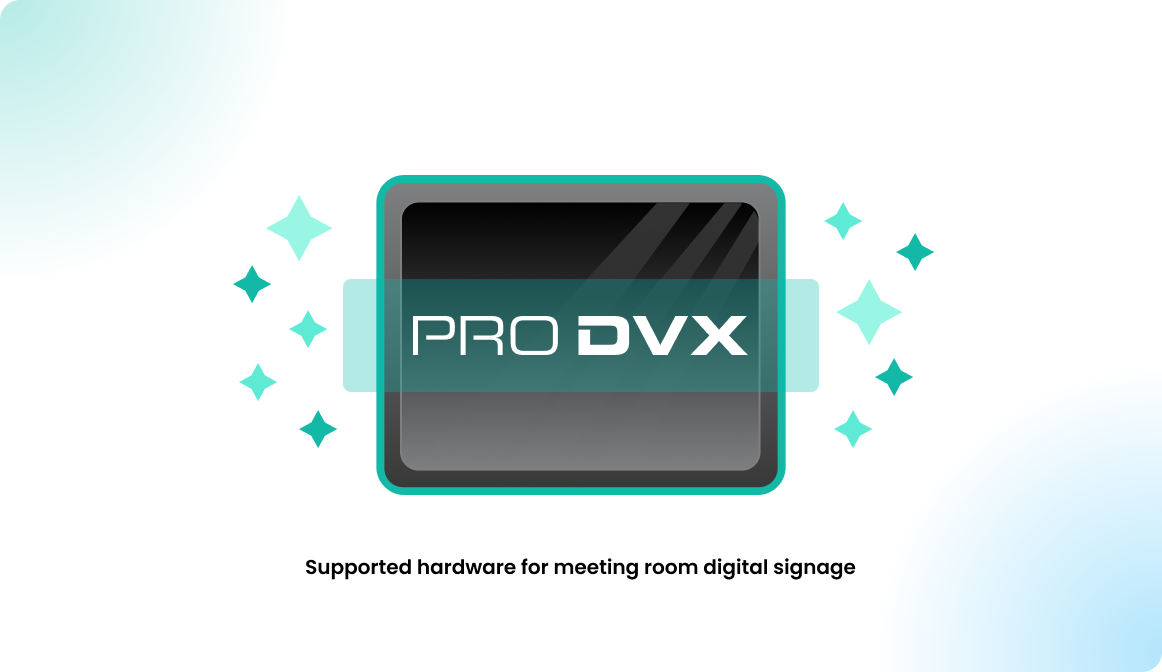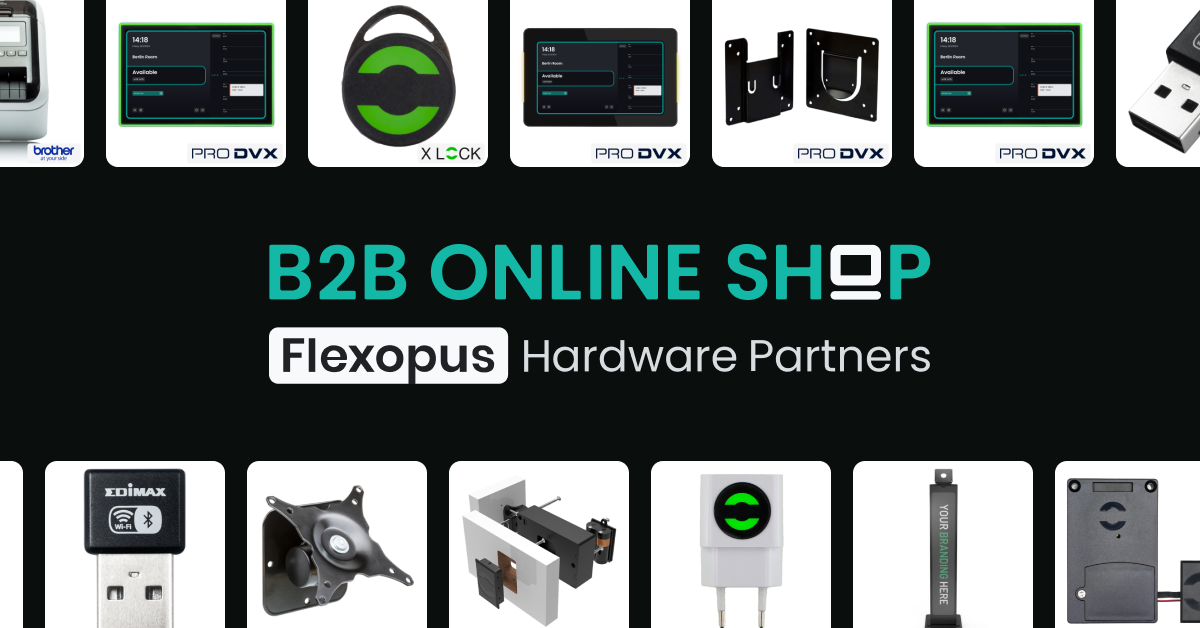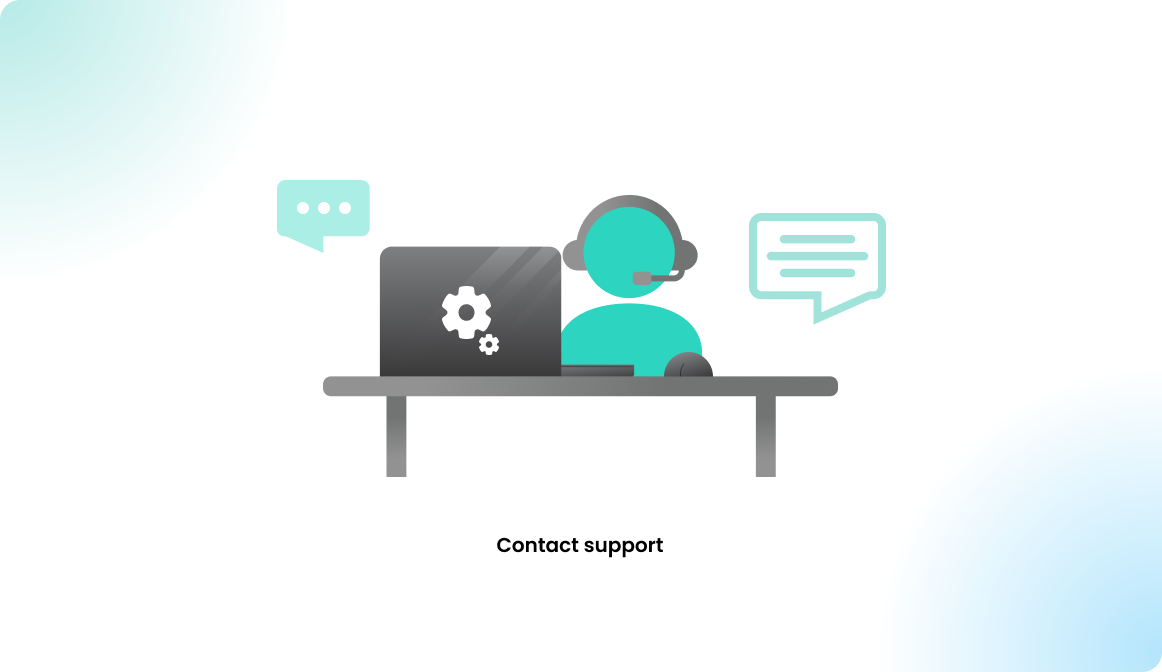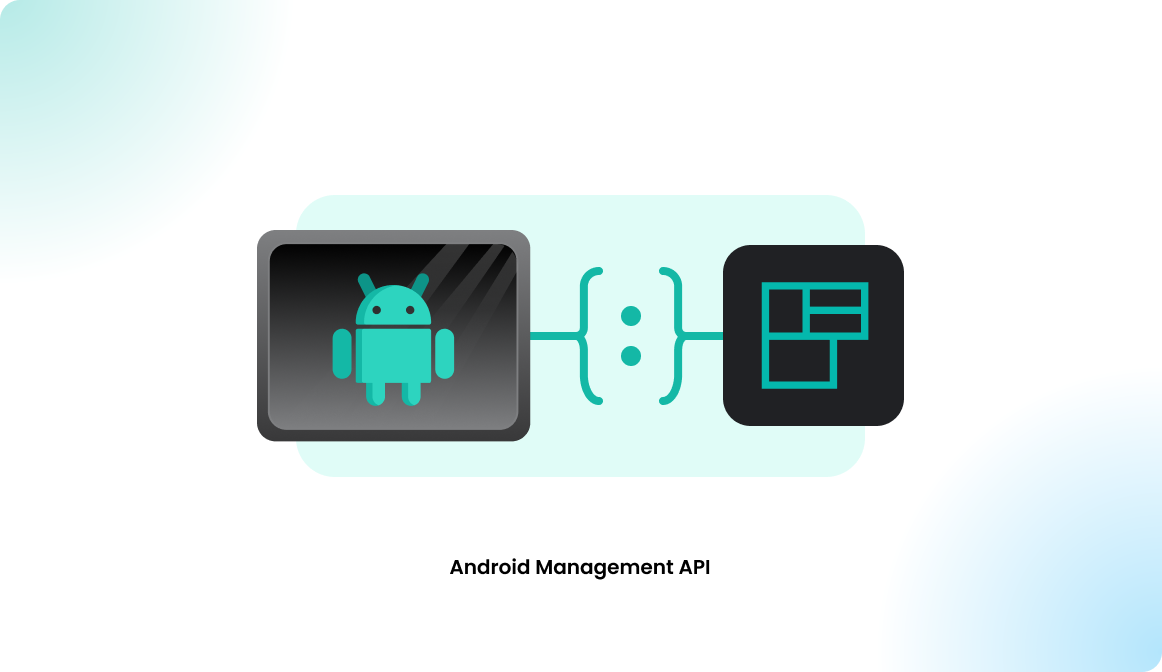Supported Hardware for Meeting Room Digital Signage

Flexopus B2B Partner Shop
Flexopus is a software development company focusing on the workplace management software. The digital signage display for the meeting rooms is a software module, that requires a special hardware. In theory, you can install the software on any iOS or Android tablet, however we recommend choosing a more specialized hardware for the room booking use case.
The currently supported hardware products for room signage are listed in the Flexopus B2B Partner Shop. The hardware distributor is Konferenztraum GmbH.

For new hardware purchases, we only support the devices listed in the Flexopus partner shop. Other displays may meet our requirements as well, however the LED controlling is producer specific and will not be automatically supported on other devices.
How to get a quote?
You can order the device from the Flexopus B2B partner shop directly.
You can also get a custom quote by wiring a mail to flexopus@konferenztraum.de. You can pay per invoice as well.
In case you need further help, you can also contact the Flexopus Support team:

Free 30 days trial
For existing customers, we offer a test display for 30 days to test the hardware and the integration. To order a test display, please fill out the order form.
Order Form
Requirements for RGB displays
In this section we want to explain, how we came to the conclusion to recommend a special display over another and what are the main requirements that need to be considered when selecting a digital signage display.
A digital signage display has some special requirements that need to be fulfilled in order to be a good fit, such as:
- No built-in battery
- RGB LEDs
- GMS support / auto update
- “Newer” Android version
- Display technology
- Hardware specifications
- Reliability of supplier
- Price
- Vendor lock
No built-in battery
The digital signage displays are in use on a daily basis in the working hours. They need a direct power source and not an accumulator. In fact, a device without an accumulator is even better for safety reasons.
The accumulator will not blow up after a few years. The display suppose to operate for multiple years on the wall plugged in nonstop. An iPad Mini / random Android tablet has an inbuilt battery. Keeping it plugged in for multiple years on the floor with an active battery in it may not be the best idea. The probably that it will cause a problem is low, but not zero.
RGB LEDs
For the meeting room signage, the RGB LEDs are in fact the most import feature of a display. The color indicates the reservation status of the room from a bigger distance. You don't need to walk directly to the display to see the reservation status. The RGB LEDs should support 3 colors at least: red, green, yellow
GMS supported Android
A GMS supported android device (such as the APPC10SLBe) update itself automatically compared within the same OS tier to a newer version. A non GMS supported device need to be updates manually.
Installing Flexopus
A GMS supported Android devices have Google Play Store on it, so you can use the Android Managament API for KIOSK mode configuration to install Flexopus on them.

Google Play Store ensures that the installed application gets updated over time. The newest APK gets installed on the device. In theory, you can install the Flexopus APK also manually on a not GMS supported device, however in this case you will need to update the APK manually, which can be avoided with GMS supported devices.
For the non GMS supported devices, you need alternative installation ways to install the APK, such as the ProMGR application for the ProDVX devices.
“Newer” Android version
Many digital signage displays (which are not supported by Flexopus) on the market are still on Android 8 or Android 9. Purchasing a hardware may be risky since they can lose compatibility with software programs like an internet browser. For example, Google Chrome is supporting devices with at least Android 8. If they increase the compatibility level to Android 9 or 10, then the supported browser in the device will be outdated. The old browser will lose compatibility with newer internet standards and newer web development packages. This will lead us to drop supporting these devices.
To avoid this to happen as long as possible, we require a minimum Android 13.
Display technology
The display technology needs to support the always on mode, which shows the same content over weeks and months. Therefore, a super nice QLED display technology with a 100+ frame per second may be cool for gaming or watching movies on 4k, but it's not good for a digital signage display. A QLED display will burn in overtime. A display technology is required that supports showing the same content over a long time frame. The high-end consumer tablets for this reason are not the best choice.
Hardware specification
Hardware peripherals such as WiFi and Power over Ethernet (PoE) need to be in place to provide multiple option for internet connection and mounting.
Also, other peripherals such as an NFC reader need to be integrated to be able to cover new use cases with the displays.
At least 1280 x 800 pixel resolution and at least 4 GB RAM with an acceptable CPU computation power.
Reliability of supplier
There are many suppliers for digital signage displays on the market, however many suppliers can not sell enough digital signage displays to keep the product updated and to bring out newer hardware versions or to improve the existing products. For this reason, there are initial V1.0 product lines without improvements. The products are not getting improved, and they stop selling the product after a couple of years. It's crucial to select a reliable supplier that will exist also in the future.
Price
The price of the display is a factor. At the end of the day, it's “just a display”. However, it needs to be considered that the displays are not getting purchased a million times per year. There are not so many meeting rooms on the market, and there are many competitors for digital signage hardware, which makes the displays slightly more expensive than a comparable sized end user tablet device from Samsung or Apple. Still, the price needs to be acceptable in a range of 400-700 EUR per display. Recommending and purchasing displays for over 1000 EUR makes no sense.
Vendor lock
Last but not least, the display needs to be free to use by a software solution like Flexopus as well. Preferably, it would be good to have a hardware solution which is also used by other software providers, so that migrating from one digital signage software provider to another makes it possible to keep the already purchased and mounted displays.
Hardware certificates
Using the product within the EU or in other target countries of Flexopus is possible, and the hardware certificates are in place. Such as: UKCA, CE, FCC, RoHS, REACH
Other room tablets
Other room tablets could be used in theory as well, however the LED control for the other tablets is not supported.
So you can use another meeting room device and install Flexopus on it. The application shall work as intended. Only the LEDs will not be controlled, if there are any.
Apple / Samsung tablets
In theory, you can use any other tablets as well to use the digital signage software for meeting room digital signage, however they do not fulfill all the requirements that are listed below, which can be acceptable, however not ideal. Such as:
- Built-in battery
The built-in battery gets dead after some time. To avoid charging the power will be connected all the time. - Missing RGB LEDs
No indication of reservation status via LEDs. - “Wrong” display technology
The displays may burn in faster.
Still, these facts may be acceptable, however the lifetime of the display may be shorter than with another more specialized display.


